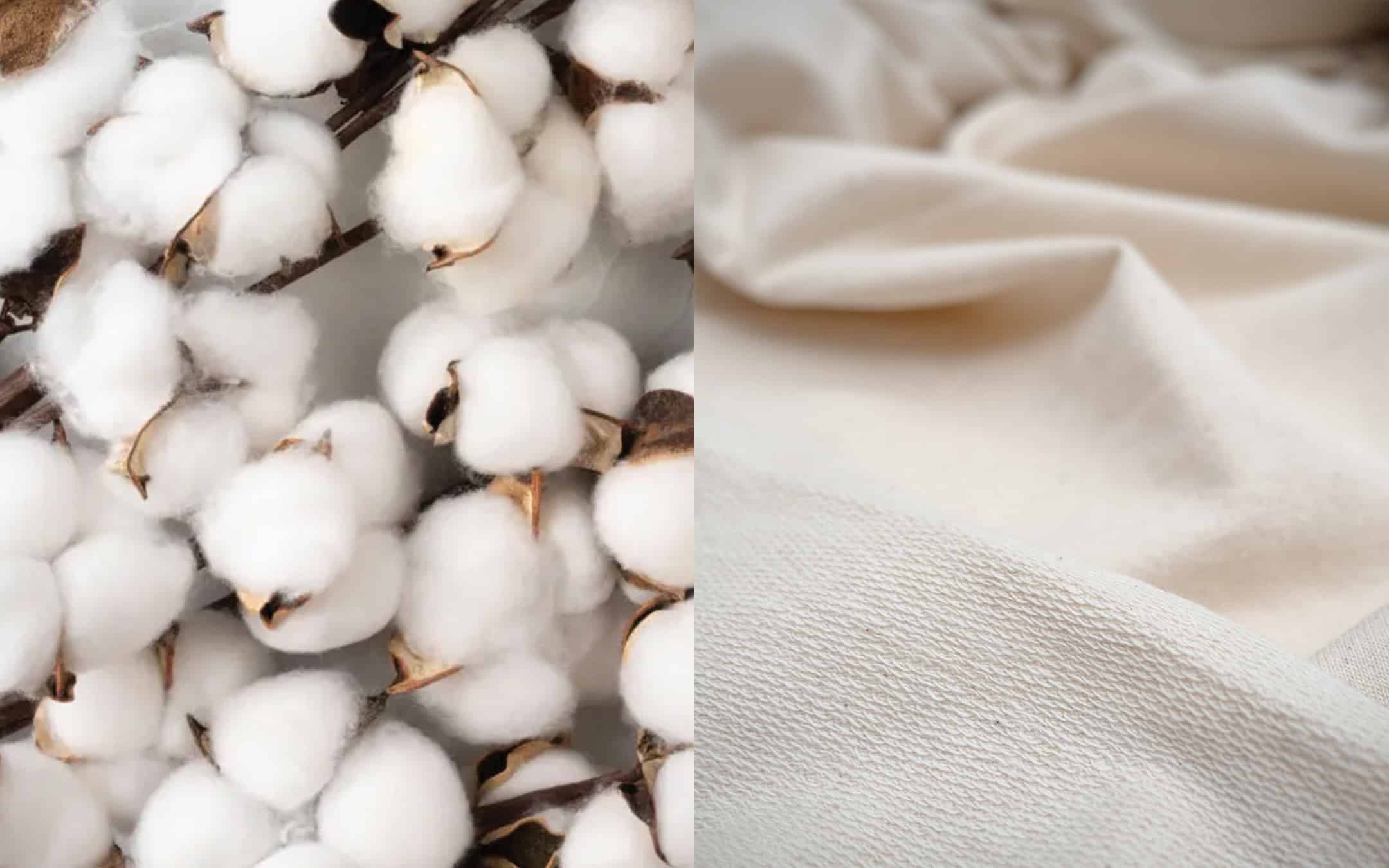Virgin Cotton / Recycled Cotton

The fashion industry is at a significant crossroads in a world that is becoming increasingly aware of environmental impacts. Although traditional cotton has been a cornerstone of our wardrobes, it carries a heavy ecological burden, prompting the need to move towards more sustainable practices, such as using recycled cotton.
The impacts of traditional cotton farming extend far beyond our closets. Cotton is an extremely thirsty plant, consuming between 9,000 and 21,000 liters of water per kilogram, depending on the growing location. This immense consumption exacerbates global water shortages and has led to ecological disasters, such as the drying up of the Aral Sea. Additionally, the reliance on dangerous pesticides and insecticides in cotton cultivation pollutes water bodies, deteriorates soil health, and endangers aquatic life and human well-being.
Recycled cotton offers a solution to these environmental problems. Unlike virgin cotton, recycled cotton significantly reduces waste and does not use water or chemicals. However, transitioning to 100% recycled cotton yarn is not feasible, as the mechanical recycling process, which converts cotton into fiber, shortens the fiber length and lowers the quality of the yarn. For this reason, at Pure Waste, we blend recycled polyester obtained from PET bottles with recycled cotton. This combination increases the durability of our products and ensures that we have a high-quality and sustainable final product.
The use of recycled materials clearly shows its benefits in conserving natural resources. For example, the production of one Pure Waste T-shirt only uses 1.2 liters of water, whereas the production of a regular cotton T-shirt uses up to 1,425 liters of water. In the mechanical recycling process, the color of the fibers is preserved throughout, eliminating the need for intensive dyeing and chemical treatments usually required by water and chemicals. Therefore, the color of the final product is determined by the color of the waste. Additionally, our process significantly reduces landfill waste and the need for harmful fertilizers and pesticides.
However, transitioning to recycled materials is more expensive. The processes involved in collecting, sorting, and recycling quality materials increase the price of our products compared to regular textiles. Moreover, the production of recycled fibers is more expensive due to smaller production volumes. However, these costs reflect the ecological value of our products and emphasize quality and durability, not to mention their environmental benefits.
In this context, our choices are not focused solely on fashion; they are about caring for the planet. Supporting sustainable brands and choosing clothes made from recycled materials is a significant act of ecological responsibility. Embracing this change gives consumers a pivotal role in reducing the fashion industry's environmental footprint.
As we move towards more sustainable fashion, the journey is a shared one for all of us. At Pure Waste, we are at the forefront of this change, but we need the participation and support of consumers. We can change the garment industry together, ensuring a healthier planet for future generations. This action is not just about making better choices today but also about paving the way for a more sustainable and fair world.